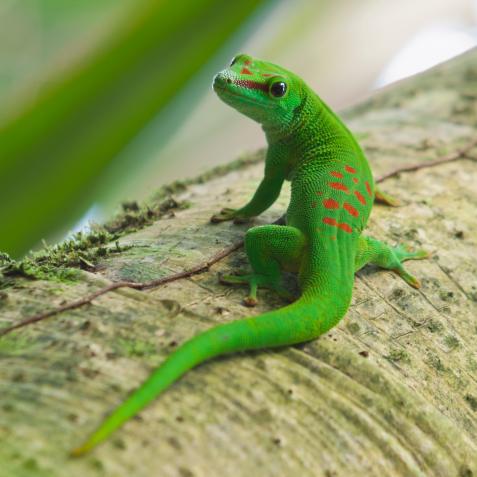
Joao Paulo Burini
Why You Can’t Escape a Mosquito
Hiding the scent of human blood from mosquitoes is harder than scientists originally thought.
Mosquitoes are responsible for more human deaths than any other creature. These bloodsuckers can transmit disease-causing viruses like Zika, dengue, and malaria.
In an effort to deter these pests, scientists have tried to block mosquitoes’ ability to smell. The idea was if you can block a mosquito from detecting the smell of human blood, they won’t be able to hunt us down. Unfortunately, all previous attempts have failed.
A new study shows this could be because mosquitoes have built-in workarounds to make sure they can always find their prey. Mosquitoes' nerve cells can detect more than one scent, so even if we masked one human order, they can pick up on other clues.

SimpleImages
“Maybe instead of trying to mask them from finding us, it would be better to find odorants that mosquitoes don’t like to smell,” says neuroscientist Anandasankar Ray.
Mosquitos use human body odor, body temperature, and even carbon dioxide exhaled from a human’s breath. Scientists hope that by continuing to study mosquitoes they can develop effective repellants to limit the spread of disease.


















